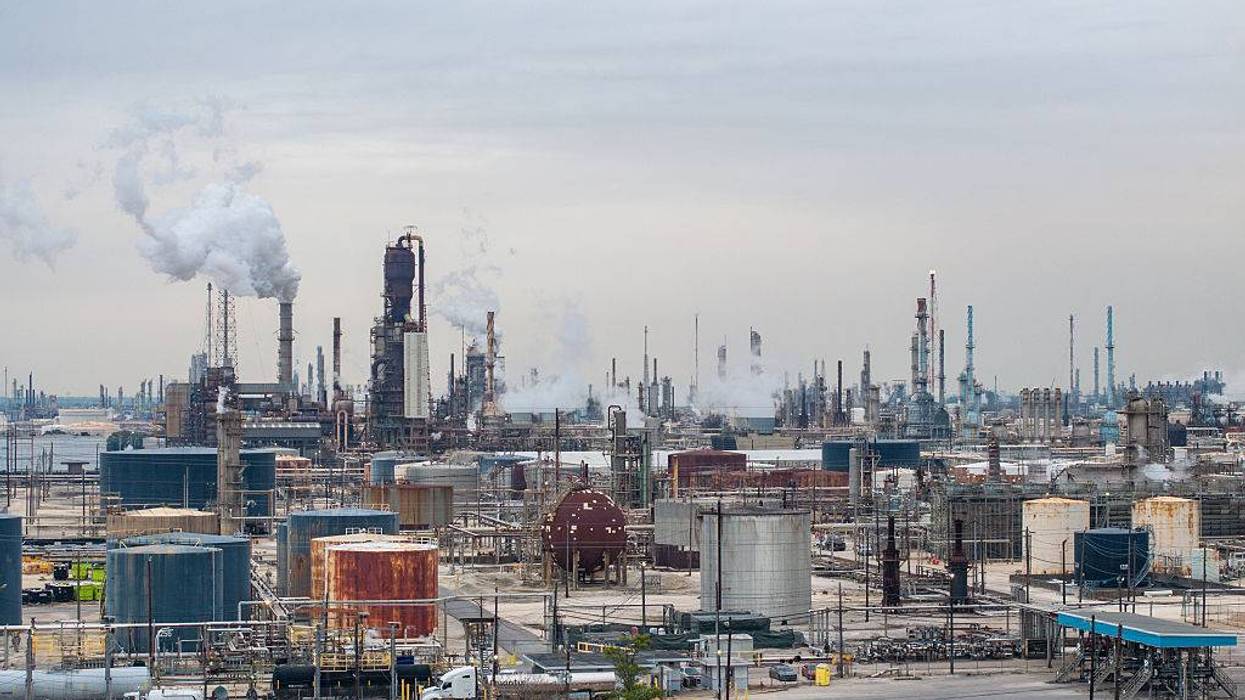"Our investigation confirms that Israeli forces attacked the aid workers while they were traveling in clearly marked humanitarian vehicles, in the absence of any threat or exchange of fire," a summary of the report states. "Spatial and audio analysis conducted in partnership with Earshot reveals the positions from which Israeli soldiers fired on the aid workers—in at least once instance within one to four meters of their victim—over a period of more than two hours."
Eyewitness and survivor testimonies and analysis of various recordings showed that some of the aid workers—who included eight PCRS workers, six PCD employees, and one staffer with the United Nations Relief and Works Agency for Palestine Refugees in the Near East. They are among the hundreds of Palestinian humanitarian aid workers killed by Israeli forces since October 2023, including more than 370 members of UNRWA, according to the agency.
The new report shows how IDF troops ambushed and attacked the convoy, firing on its vehicles. IDF spokesperson Col. Nadav Shoshani claimed that unmarked convoy vehicles "were identified advancing suspiciously toward IDF troops without headlights or emergency signals" and that nine of the first responders were “terrorists from Hamas and the Islamic Jihad."
However, as is often the case, IDF officials could not support their claim with evidence, and video recorded by PRCS worker Refaat Radwan before he was killed shows clearly marked ambulances traveling with lights on and sirens wailing.
The IDF's lies poured fuel on the fire of international outrage over the massacre. Trey Yingst, chief international correspondent at staunchly pro-Israel Fox News, said that Israel's version of the massacre story was "clearly not true."
Gaza authorities previously reported that some of the victims had apparently survived the initial attack and were handcuffed and executed before being dumped together into a deep hole and buried along with their destroyed vehicles.
Survivors Munther Abed and Assad al-Nassasra testified "that Israeli soldiers opened fire on the rescue convoy as the aid workers exited their vehicles and approached the ambulance on foot," according to the new investigation.
"Asaad recalled crawling toward an ambulance where two colleagues—Muhammad Bahloul and Saleh Muammar—had taken shelter," the publication continues. "Muhammad had been killed, and Saleh was severely wounded. Muhammad al-Hila crawled up behind Asaad, and as the two men embraced, Muhammad was shot and killed."
Autopsies revealed that some of the slain aid workers were shot in the chest and head, with one doctor who examined the bodies calling the "specific and intentional location of shots at close range" indicative of an "execution-style" killing.
Of the bodies found in the mass grave of victims, “one was beheaded,” according to PRCS spokesperson Mahmoud Basal, who said that “the least harmed among them had at least 20 bullets fired at him."
Jonathan Whittall, who headed the UN humanitarian affairs coordination office in Palestine at the time, told Drop Site Monday that “following our discovery of the mass grave, the narrative from Israeli forces shifted multiple times; we were fed several versions of a blatant lie."
The IDF cover-up attempt was underway. The new investigation says that the IDF "deliberately concealed and disturbed evidence, and in the weeks after repeatedly mischaracterized the incident and denied any wrongdoing."
Meanwhile, survivor al-Nassasra was captured by Israeli troops and taken to the Sde Teiman military prison in Israel's Negev Desert, where he was jailed for 37 days and tortured during interrogations. Sde Teiman gained global infamy following reports of torture, rape, and murder of detainees. The IDF is investigating the deaths of at least 36 Palestinians at the lockup, including one who died after allegedly being sodomized with an electric baton.
Israeli soldiers pulled Abed, the other survivor, from his ambulance, bound his hands, beat him, and detained him on the ground near where the other vehicles had been ambushed. Abed testified that he was stripped, beaten, threatened with death, and interrogated before being released later that same day.
Katherine Gallagher, a senior staff attorney at the Center for Constitutional Rights, told Drop Site that the new investigation "presents a very compelling case, and honestly, a very devastating one.”
"What this investigation reveals is that there was a shoot first policy, and that is unlawful under international law," she continued.
“When you zoom out and look at this in the context of the way the Israeli assault has been carried out over many months and years in Gaza and we see that there is a pattern and practice of attacks on medical personnel—similar to journalists and other groups that are explicitly and uniquely protected as classes of civilians in international humanitarian law—it raises even more questions and deep concern about the lack of accountability, because what we know is that impunity breeds repetition," Gallagher added.
There has been no accountability for those who ordered, carried out, and tried to cover up the paramedic massacre, for the killers of tens of thousands of Palestinian civilians in Gaza—most of them women and children—or for the countless victims of Israeli arbitrary imprisonment, torture, sexual violence, and other thoroughly documented crimes.
While Israeli Prime Minister Benjamin Netanyahu and former Defense Minister Yoav Gallant are wanted by the International Criminal Court for alleged crimes against humanity and war crimes in Gaza, the Biden and Trump administrations have unwaveringly backed Israel's war, providing tens of billions of dollars in armed aid and diplomatic cover including vetoes of numerous UN Security Council cease-fire resolutions.
Adding insult to injury, the US-backed Gaza Humanitarian Foundation—whose aid sites have been called "death traps" where more than 1,000 Palestinians have been killed—established a distribution center atop the mass grave where the massacred paramedics were buried.
“Now, the US, under the so-called Board of Peace, plans to build a ‘New Rafah’ over this crime scene," Whittall told Drop Site. "Without meaningful accountability, ‘New Rafah’ will be a monument to impunity.”





